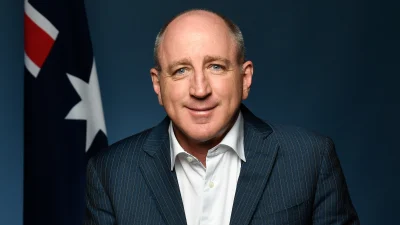Asian gas-powered ‘sustainable’ investments encourage greenwashing


Incorporating gas-powered generation as a sustainable investment into Asian taxonomies could have unintended consequences, according to a report by the Institute for Energy Economics and Financial Analysis (IEEFA).
Doing so could lock Asia into a high-emitting future while also posing a credibility and ‘greenwashing’ problem that Asian policymakers and environmental, social and governance (ESG) debt investors would be wise to avoid.
This was particularly important as Europe and the US ramped up their climate ambitions, with the US Treasury releasing guidance last month requesting multinational development banks rapidly aligned portfolios with the Paris Agreement, developed targets for green bonds and aligned policy-based operations with climate goals.
A taxonomy specified the technical requirements of an asset or project that companies must satisfy to enable the labelling of the project as a green or sustainable investment, which gave ESG investors reliable information on where to deploy capital to support the acceleration of a sustainable energy transition.
However, the report noted that controversial or “transitional” economic activities such as gas-powered generation were likely to be recognised in Asian taxonomies as sustainable investments, with energy policy planners attempting to justify the merits of gas and LNG as a reasonable bridging fuel to greening the economy.
There were many Asian taxonomies in preparation that were designed to prioritise an “orderly transitional pathway”, including a regional taxonomy for Southeast Asia, the report said.
While most Asian taxonomies had yet to acknowledge the undue influence of the oil and gas industry, this would be controversial going forward as the region contemplated replacing coal-fired generation with gas-fired power.
The report’s author, Christina Ng, said: “Gas is a fossil fuel and its high emissions—like coal’s—do not equate to it being a sustainable asset.
“And after more than a decade’s effort, carbon capture is yet to be proven as economically and technically viable at scale, which creates a credibility issue for labelling gas power plants as sustainable investments,” she said.
Recommended for you
Grant Hackett has been promoted from CEO of Generation Life to head up the wider Generation Development Group.
Tribeca Investment Partners has made a distribution hire from Australian Ethical in a newly-created role focused on the national intermediary market.
Asset managers may be urged to diversify their product ranges, but investment executives have warned any M&A deal should avoid simply filling gaps and instead consider long-term value creation.
Specialist wealth platform provider Mason Stevens has become the latest target of an acquisition as it enters a binding agreement with a leading Sydney-based private equity firm.














